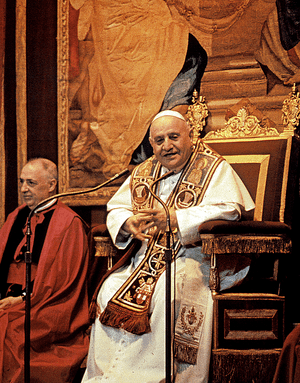
 AM SURE that something similar has happened to you, also. One billion people are on Facebook, and without question it’s an interesting way to connect with people around the world. But there are downsides. Sometimes I receive a notification saying that some unknown person has “added you to the irritable bowel syndrome fans group.” Now, being very emotional, I may be familiar with this syndrome; but I’m not really a fan. And why would someone add me?
AM SURE that something similar has happened to you, also. One billion people are on Facebook, and without question it’s an interesting way to connect with people around the world. But there are downsides. Sometimes I receive a notification saying that some unknown person has “added you to the irritable bowel syndrome fans group.” Now, being very emotional, I may be familiar with this syndrome; but I’m not really a fan. And why would someone add me?
But even worse is to consider other scenarios. Sometimes, somebody adds you (without your consent) to a group for those appreciating something in which you don’t have the slightest interest. Then—inside the newsfeed—everyone receiving the news of your new affiliation will think that maybe they didn’t know you so well after all…
But, indeed, things are not so easy in this life. Even liturgically-speaking, we must decide where we wish to stand. It cannot be merely some priest (fresh out of seminary) adding you to the VATICAN II GROUP, implying you accept his version of the Vatican II fancies.
No, we need to decide where we want to be: and indeed the choice is compulsory. We must be with the Church, in the entirety of her history and tradition. We cannot follow the ideas of this or that priest—the pastoral revolution of this or that bishop—if they are saying goodbye to what the church should be about. Of course changes are always necessary, but we cannot live at the rhythm of revolutions. Change should grow organically from what was before, not deny the past for something new at any cost.
If someone tells you “Vatican II wants such-and-such,” ask him where this was said. Don’t be surprised when the answer comes back that it’s the “spirit of the council.” It is true: the Spirit blows where He wants, not where they want. But, they will not listen… and so perhaps it would make sense for you also to join me in the “irritable bowel syndrome” fans group…
BOTTEGA • Aurelio Porfiri is where you can discover
many of Mæstro Porfiri’s compositions in PDF format.
